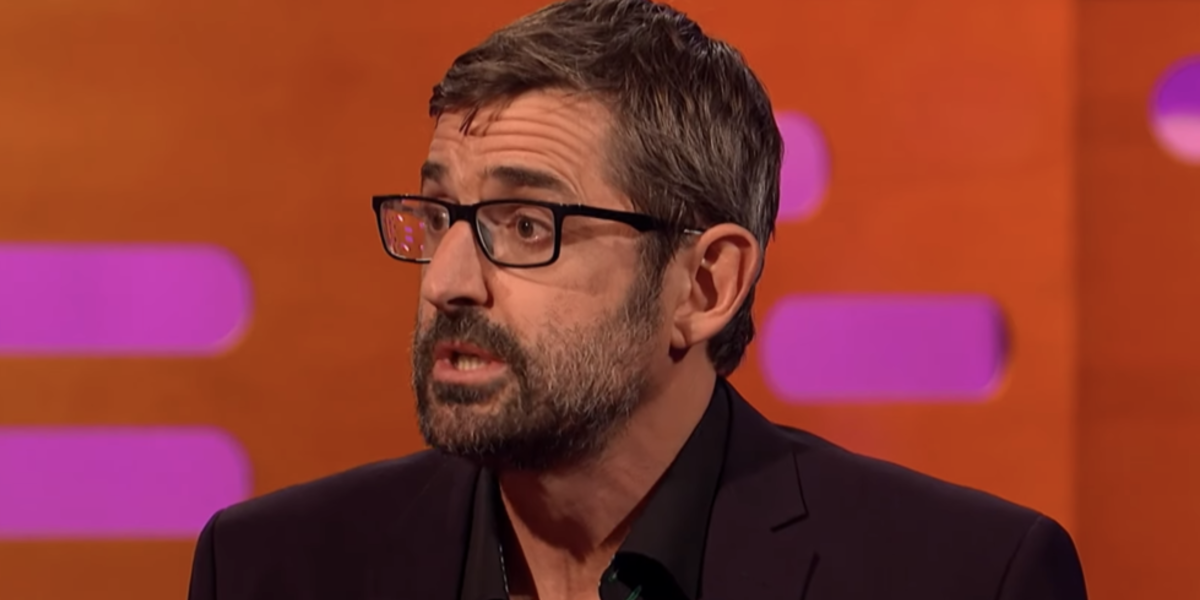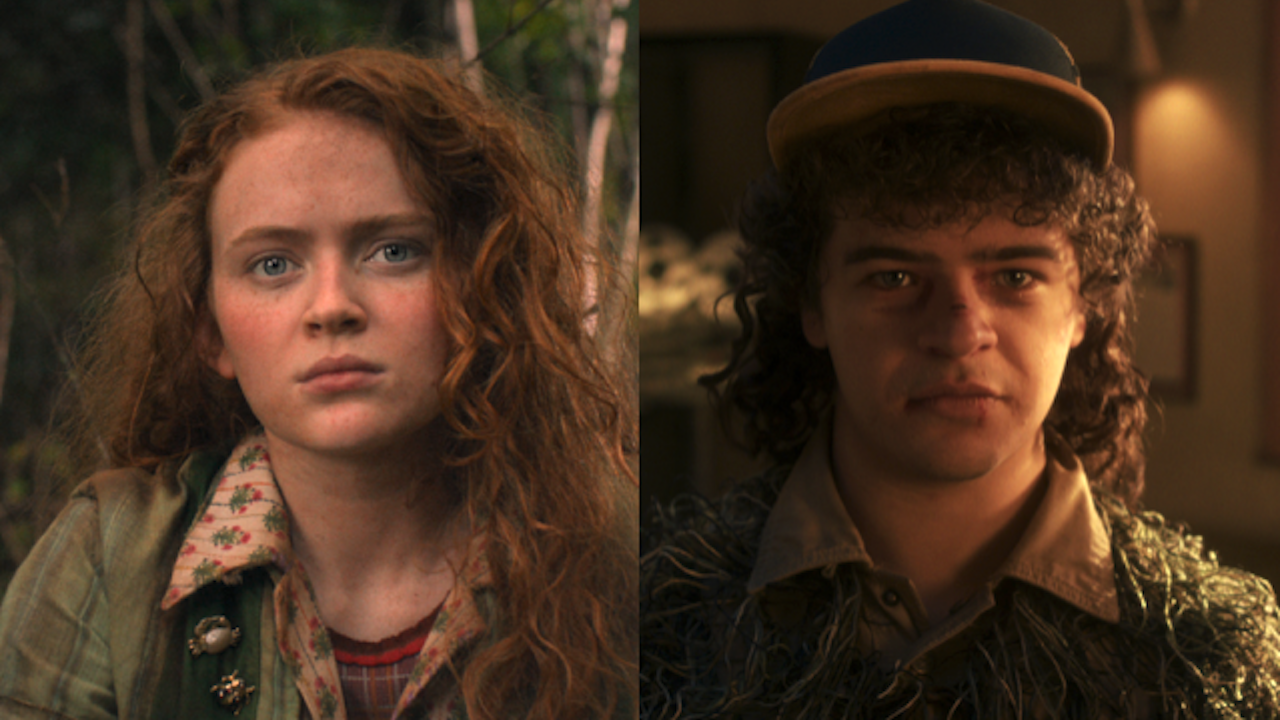The BBC Has Responded After Sex Worker Complained About Treatment In New Documentary

BBC Two's recent broadcast from veteran documentary filmmaker Louis Theroux has raised objections from one of the people featured. The documentary, called Selling Sex, released on January 12 and featured Theroux meeting and interacting with legal sex workers in the United Kingdom. Ashleigh, one of the sex workers from Selling Sex, published a list of issues with the production and finished product, and BBC (which recently wound up in hot water for another reason) responded.
First, here's what prompted Ashleigh's complaints. In an op-ed penned by Ashleigh and posted on Gal-Dem, the sex worker claimed that "many aspects" of her identity were not respected by the makers of Selling Sex, reporting instances in which she was "visibly distressed" that the production team was making her late for a client, cut footage of her explaining her Aspergers and only showing moments when she was affected, and Louis Theroux asking if she was "sure" she's autistic. Ashleigh specifically alleges there was an instance when she should have "had a carer present when signing any release forms."
Furthermore, Ashleigh reports she was the victim of racism and stereotype, and the filmmakers didn't cut delicate scenes from the finished product despite Ashleigh's emotional requests. Furthermore, she states there was an instance of a "prominent member of the crew" conducting himself in an unprofessional way, to the point that she was uncomfortable enough to formalize a complaint. Another member of the team then, according to Ashleigh, claimed her "statements were inaccurate," and HR ultimately concluded the evidence was insufficient. So, how did BBC respond to her claims?
BBC said in a statement (via Deadline) that the production team worked "extensively" with Ashleigh regarding her concerns and addressed them "where appropriate" in the final edit, and elaborated:
We are confident that Ashleigh gave informed consent to be a part of the documentary as is evidenced by ongoing communication with her. The final edit does, and should, lie in the control of the BBC, but the welfare and views of our contributors are always part of our process and it was our genuine view that Ashleigh’s concerns had been resolved. As such we are disappointed to see her concerns raised again and believe there are a number of factual inaccuracies in Ashleigh’s account of events.
The statement from BBC didn't name which parts of Ashleigh's account it claims contained "factual inaccuracies," but the broadcaster evidently differs from Ashleigh in believing that her consent was fully informed in light of Ashleigh's comment that she should have "had a carer present." BBC doesn't apologize in the statement, but does note that it was the "genuine view" that Ashleigh's concerns were resolved prior to the final edit and broadcast.
Selling Sex isn't the only production to face criticism from a sex worker. Netflix's comedy Bonding was slammed by people in the BDSM and sex worker communities. Bond 25 reportedly hired an "intimacy coordinator" for sex scenes to make the actors feel comfortable and presumably avoid any complaints, while HBO did the same for The Deuce after claims were made against star James Franco.
Only time will tell if the conflict between BBC and Ashleigh escalates further. For now, you can find some less controversial viewing options on our 2020 winter and spring premiere schedule.
Your Daily Blend of Entertainment News

Laura turned a lifelong love of television into a valid reason to write and think about TV on a daily basis. She's not a doctor, lawyer, or detective, but watches a lot of them in primetime. CinemaBlend's resident expert and interviewer for One Chicago, the galaxy far, far away, and a variety of other primetime television. Will not time travel and can cite multiple TV shows to explain why. She does, however, want to believe that she can sneak references to The X-Files into daily conversation (and author bios).
